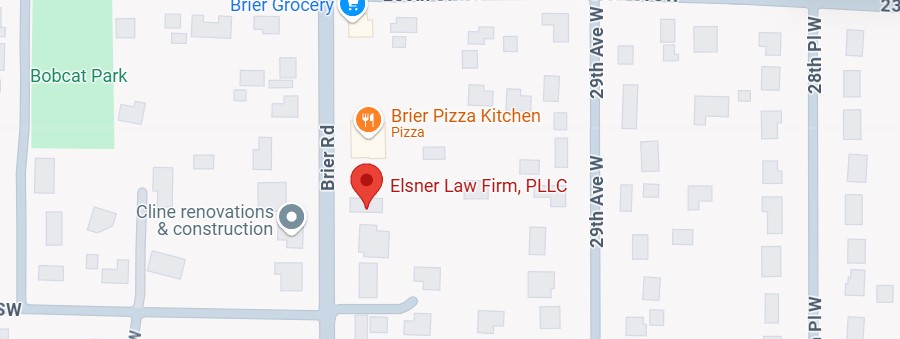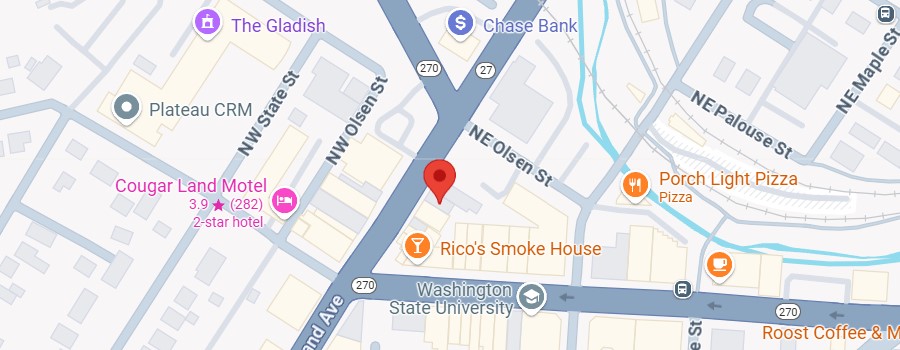What Can I Do if I Witness an Unsafe Truck Driver?
Truck drivers play a crucial role in our economy by transporting goods across the country. However, when truck drivers or trucking companies fail to prioritize safety, it can lead to devastating accidents and injuries. If you have encountered an unsafe truck driver or suspect a trucking company is engaging in negligent practices, it is important to report them. For tips on staying safe around large trucks, see our guide on sharing the road with trucks.
What Are Some Relevant Laws in Washington State?
When it comes to reporting an unsafe truck driver or trucking company, several laws come into play. One of the most important federal regulations is the Federal Motor Carrier Safety Regulations (FMCSRs). These regulations establish safety standards for commercial motor vehicles, including trucks, and cover areas such as driver qualifications, hours of service, vehicle maintenance, and more.
However, the state of Washington also has specific rules and regulations:
- Washington Administrative Code (WAC) 480-15: This section of the Washington Administrative Code governs rules for motor carriers, including trucking companies, and covers aspects such as driver qualifications, operations, insurance requirements, safety fitness standards, and equipment and vehicle safety standards.
- Revised Code of Washington (RCW) Title 46: This title covers all of the motor vehicle laws in the state of Washington, including specific sections on commercial motor vehicles and their drivers. The rules cover areas like vehicle size and weight limits, vehicle inspection requirements, traffic regulations, driver licensing, and more.
Understanding these laws will provide a clearer picture of the specific regulations that truck drivers and trucking companies in Washington state must follow and can be beneficial when reporting any safety concerns.
How Do I Report an Unsafe Truck Driver?
If you witness or suspect an unsafe truck driver or trucking company, there are several steps you can take to report the issue:
1. Gather information: Collect as much information as possible about the truck, including its license plate number, company name, and any identifying features. If you can safely do so, take photographs or videos of the truck or its actions.
2. Contact the appropriate authorities: Report the incident to the local police department or state highway patrol. Provide them with all the details you have gathered, including the truck’s information and your observations. They will investigate the matter and take appropriate action.
3. File a complaint with the relevant agencies: In addition to reporting the incident to the police, you should also file a complaint with the appropriate agencies. These agencies have the authority to investigate and take enforcement actions against unsafe truck drivers or trucking companies. For state-specific issues, the Washington State Department of Transportation (WSDOT) is the governing body. They provide an online form to report highway maintenance issues, which might cover concerns about a specific truck or trucking company, particularly if it relates to the use of state roads or highways. The Washington State Utilities and Transportation Commission (UTC) regulates the rates and services of privately owned utility and transportation companies. If your complaint is related to the services provided by the trucking company, you can file a complaint with the UTC.
4. Consult with an experienced lawyer: If you or someone you know has been injured as a result of an unsafe truck driver or trucking company, it is crucial to seek legal advice. An experienced lawyer can guide you through the legal process, help you understand your rights, and ensure you receive fair compensation for your injuries and damages.
How Big of a Settlement Could I Win If I am Injured by a Commercial Truck?
The potential settlement amount in a case involving an unsafe truck driver or trucking company can vary greatly depending on several factors. These factors may include the severity of the injuries, the extent of property damage, the level of negligence demonstrated by the truck driver or company, and the applicable state laws.
In Washington state, the law allows injured parties to seek compensation for various damages resulting from the accident. These damages may include:
- Medical Expenses: This includes immediate medical costs like emergency room visits, surgeries, and hospital stays, as well as future costs for ongoing treatment or rehabilitation.
- Lost Wages: If you are unable to work because of your injuries, you may be entitled to compensation for your lost income.
- Pain and Suffering: These damages are for the physical pain and emotional distress you’ve suffered as a result of the accident.
- Loss of Consortium: If the accident has negatively affected your relationship with your spouse, you may be able to receive compensation for loss of consortium.
- Property Damage: This refers to the cost of repairing or replacing your vehicle and any other damaged property.
- Punitive Damages: In some cases, if the truck driver or trucking company’s behavior was particularly egregious, the court might award punitive damages to punish the wrongdoer and deter others from similar conduct.
However, each case is unique, and the outcome will depend on the specific circumstances surrounding the incident. Washington state follows a pure comparative negligence rule, meaning that if you are found to be partially at fault for the accident, your compensation will be reduced by the percentage of your fault.
To get an accurate estimate of a potential settlement, consult with a personal injury lawyer who specializes in commercial truck accidents. They can evaluate your case, guide you through the legal process, and advocate for the maximum compensation on your behalf.
If you have been injured by a truck driver, contact Elsner Law Firm at 206-447-1425 for a free case evaluation.




